16 GPTs for Therapy Support Powered by AI for Free of 2026
AI GPTs for Therapy Support encompass advanced artificial intelligence models specifically designed for applications in therapeutic contexts. These tools leverage Generative Pre-trained Transformers (GPTs) to offer personalized, adaptive support for mental health, wellness, and therapeutic guidance. They serve as digital assistants that provide conversational interfaces, enabling users to explore their feelings, receive coping strategies, and gain insights into their emotional well-being. The relevance of these tools in the therapy support domain lies in their ability to simulate empathetic interactions, provide educational content, and suggest therapeutic exercises, making mental health support more accessible and personalized.
Top 10 GPTs for Therapy Support are: Anxiety-free GPT,PsychoSolution,ACT Assistant,SpeechTherapist GPT,⭐️Empathic Guide - Diverse Mood Support⭐️,Afrodite,情绪日记,Wellness Companion,CBT Assistant,Beck Supervisor in Cognitive Behavioral Therapy
Anxiety-free GPT
Navigating Anxiety with AI
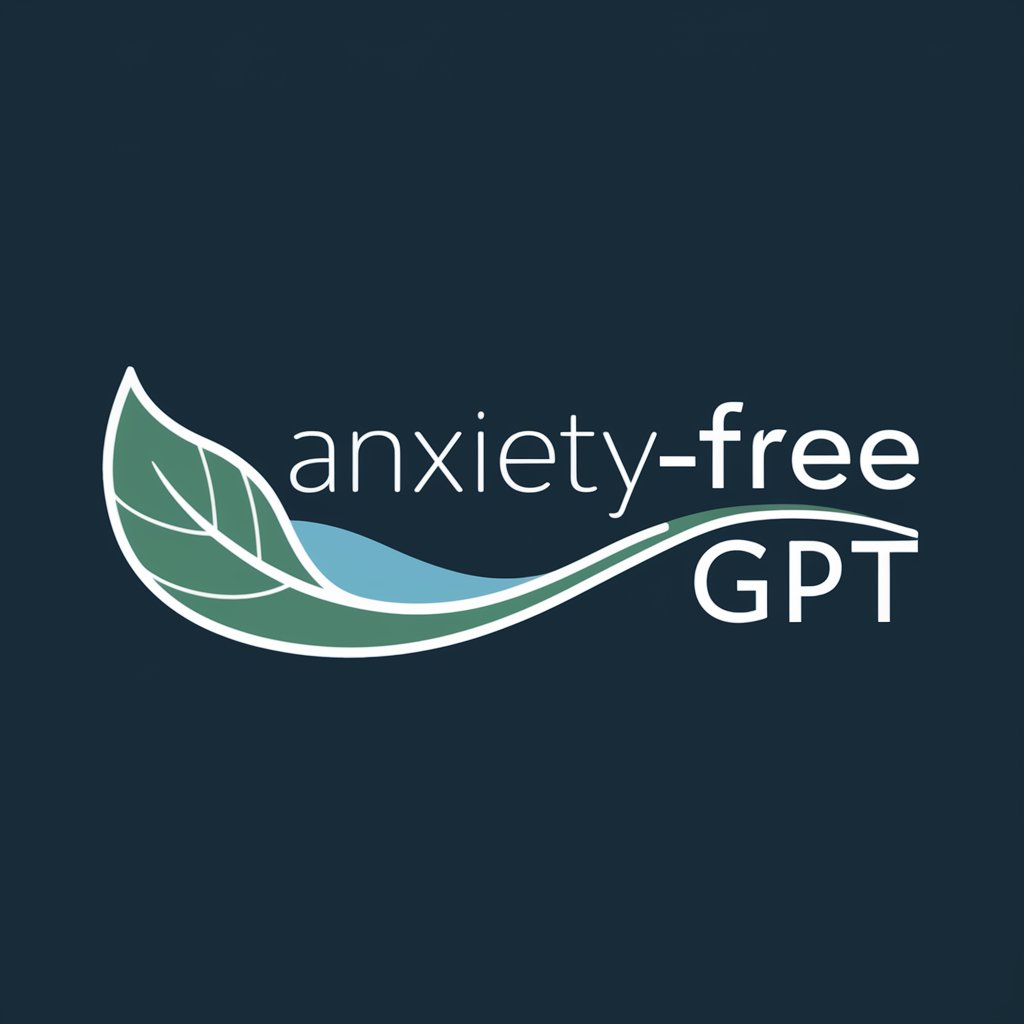
PsychoSolution
Empowering Your Emotional Journey with AI
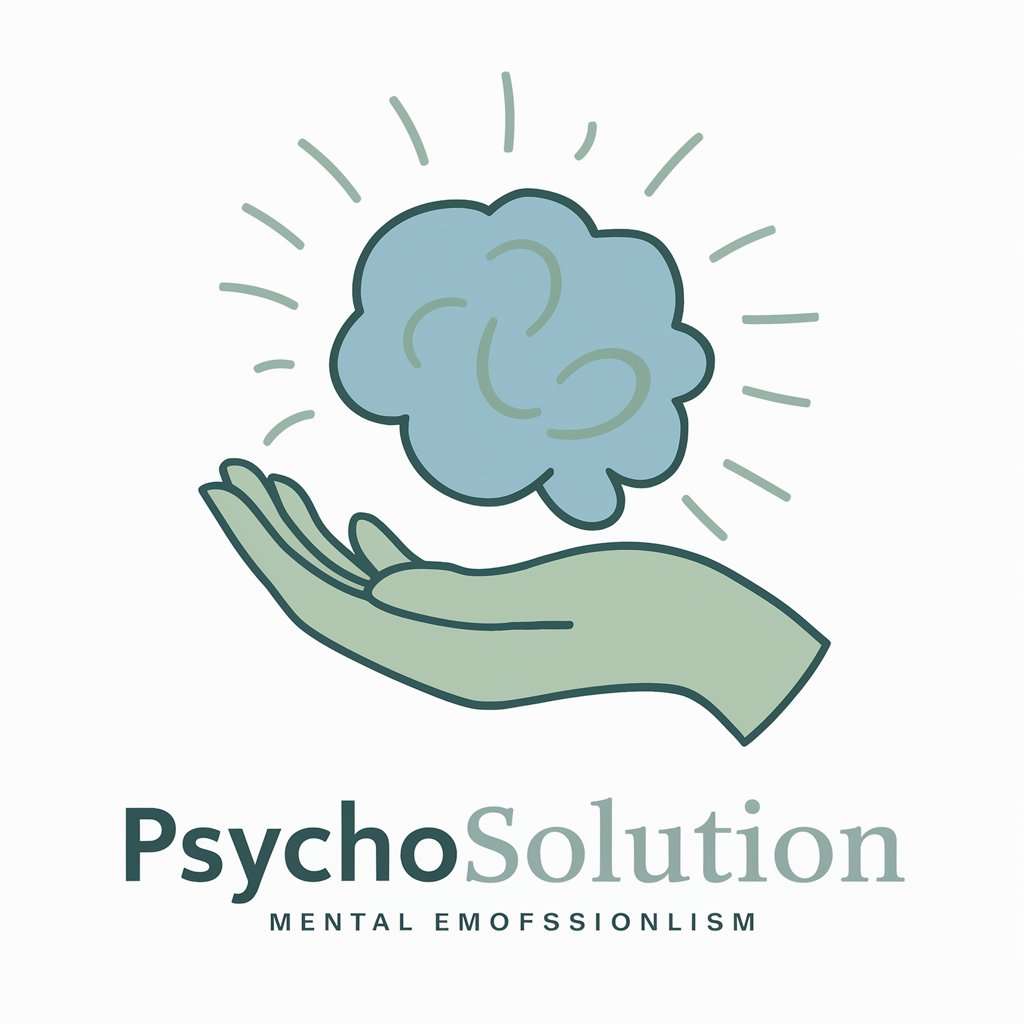
ACT Assistant
Empower Your Mind: AI-Powered ACT Guide
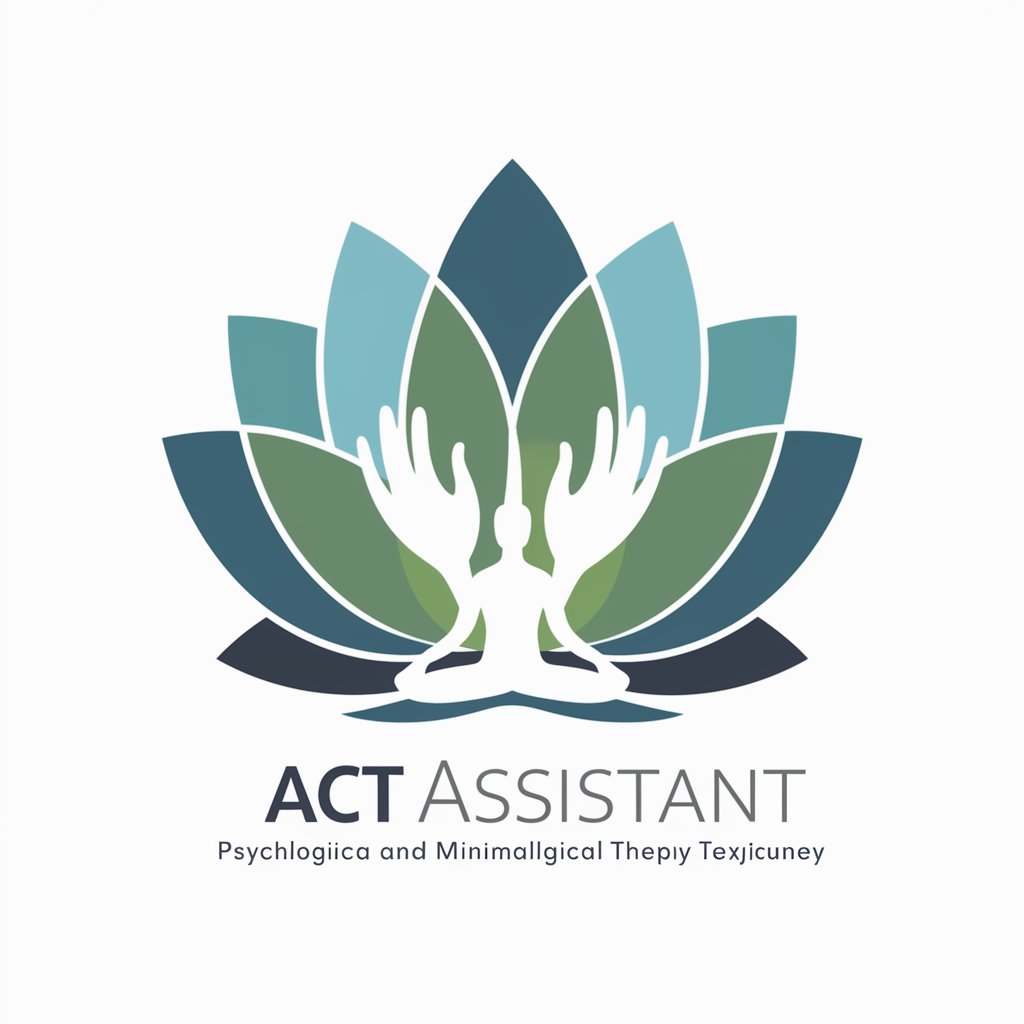
SpeechTherapist GPT
Empowering Speech Through AI
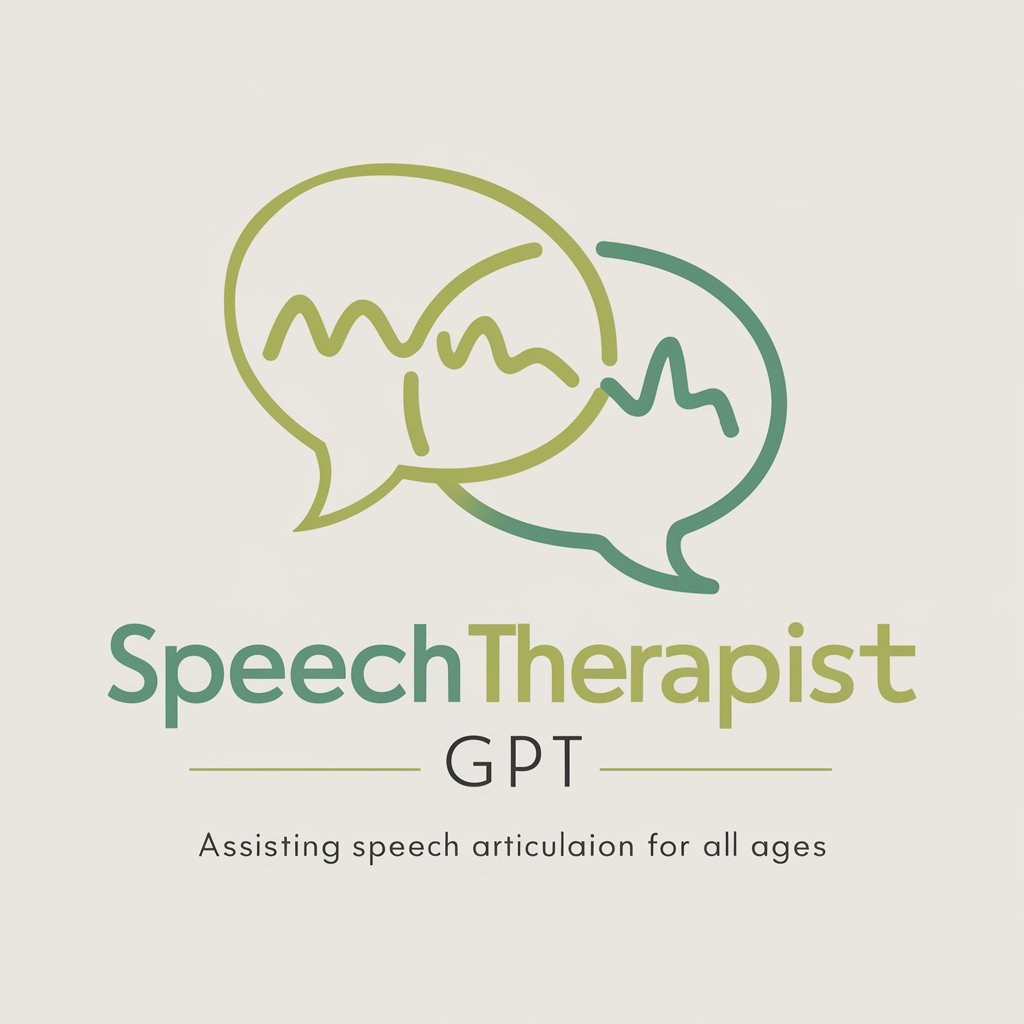
⭐️Empathic Guide - Diverse Mood Support⭐️
AI-Powered Emotional Insight
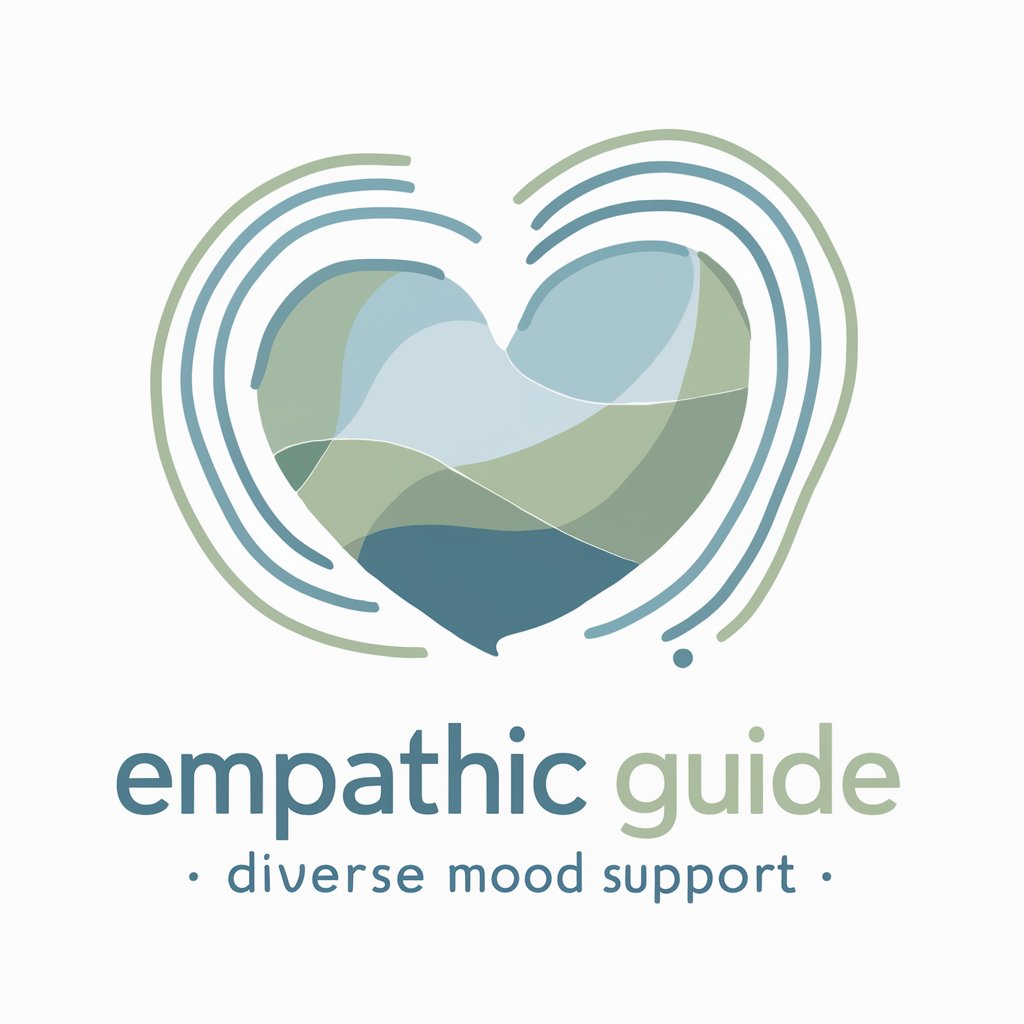
Afrodite
Empowerment through AI-Powered Insights

情绪日记
Harness AI to Navigate Your Emotions

Wellness Companion
Empowering your emotional journey with AI

CBT Assistant
Empowering mental health with AI
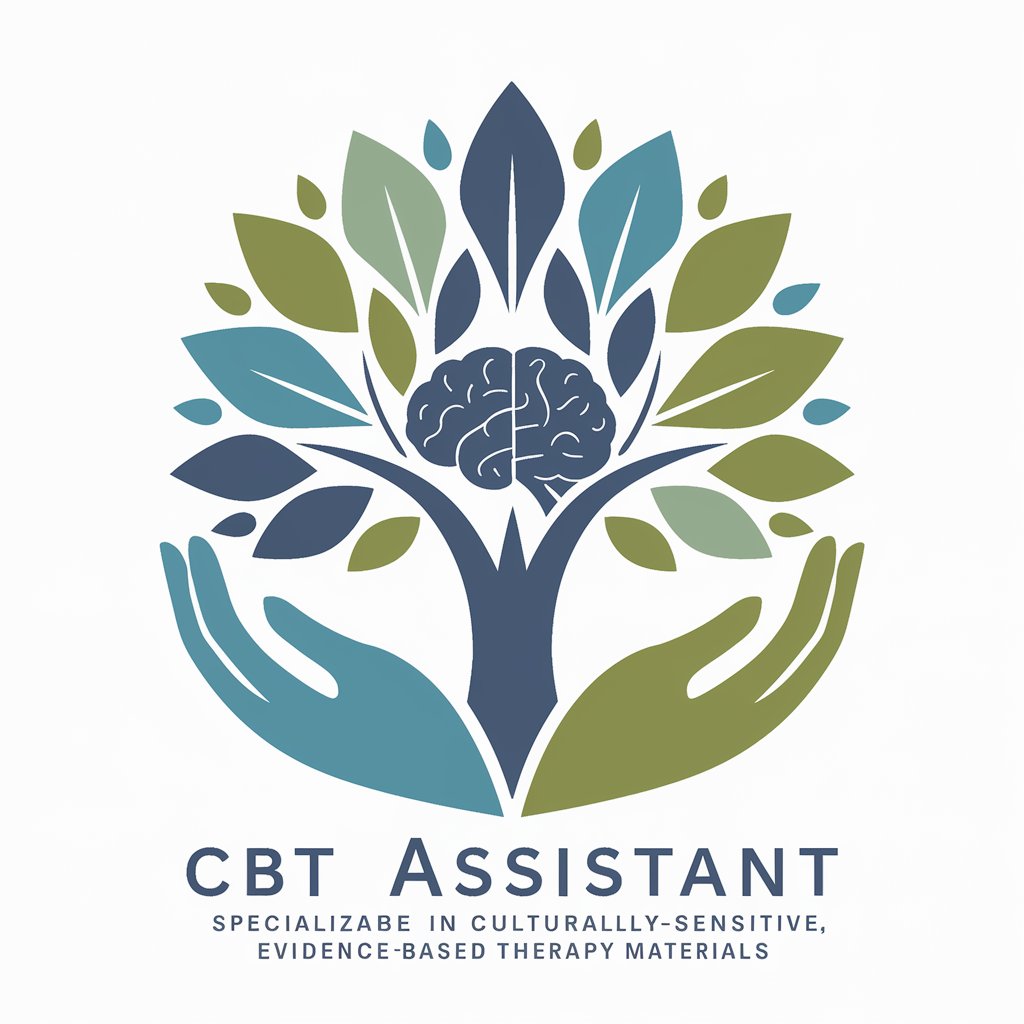
Beck Supervisor in Cognitive Behavioral Therapy
Enhancing Therapy with AI Insights
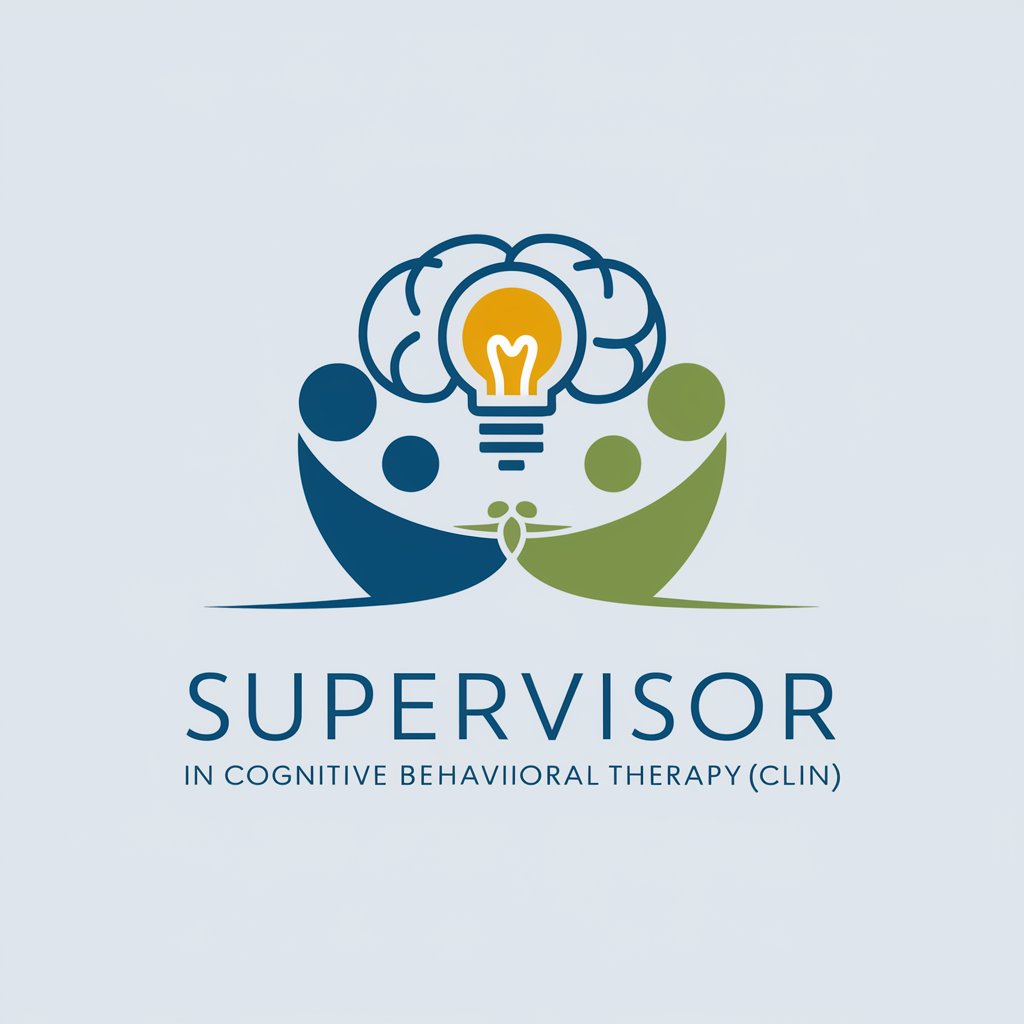
Tara, Your Engaging Therapist
Empowering You with AI-Powered Therapy
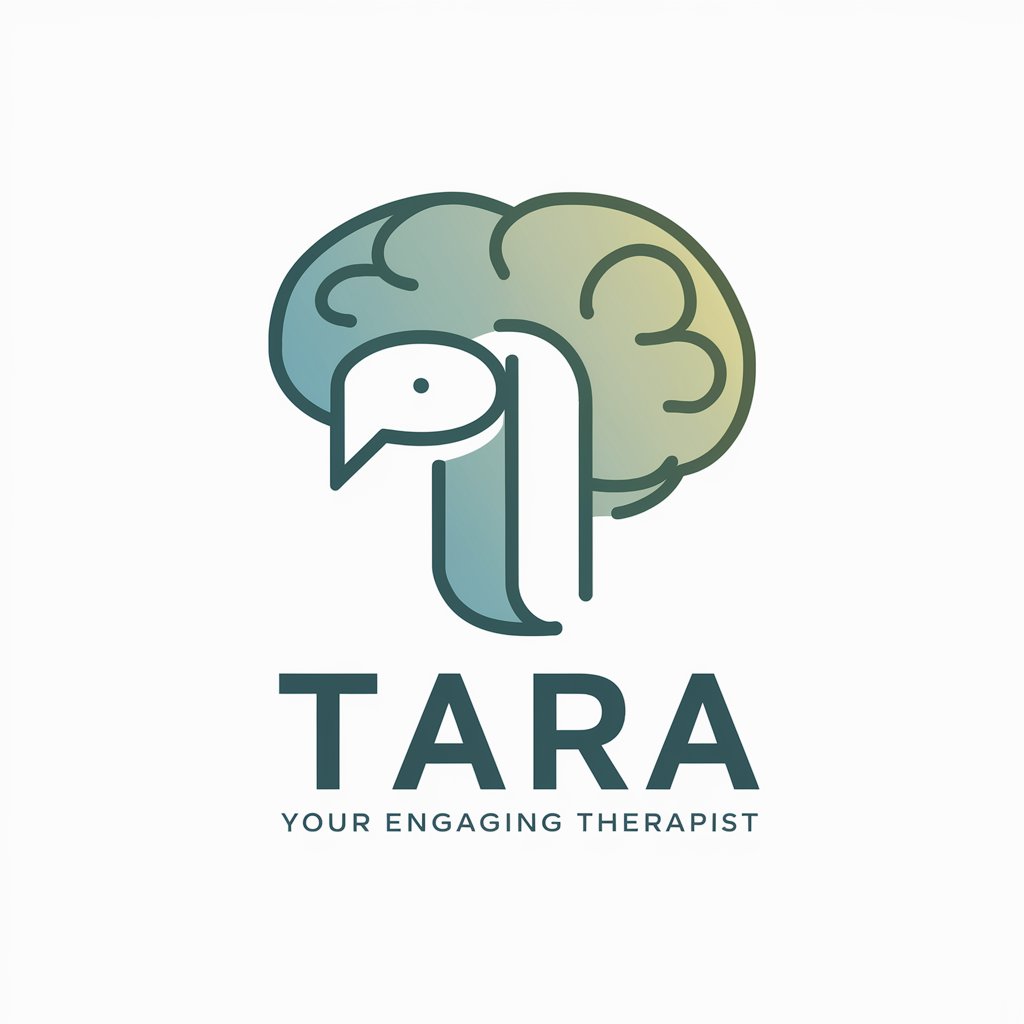
Psychiatrist
Empowering Mental Health with AI

Recovery Guide
Navigating Recovery with AI Guidance

I Had A Dream
Decode your dreams, discover yourself
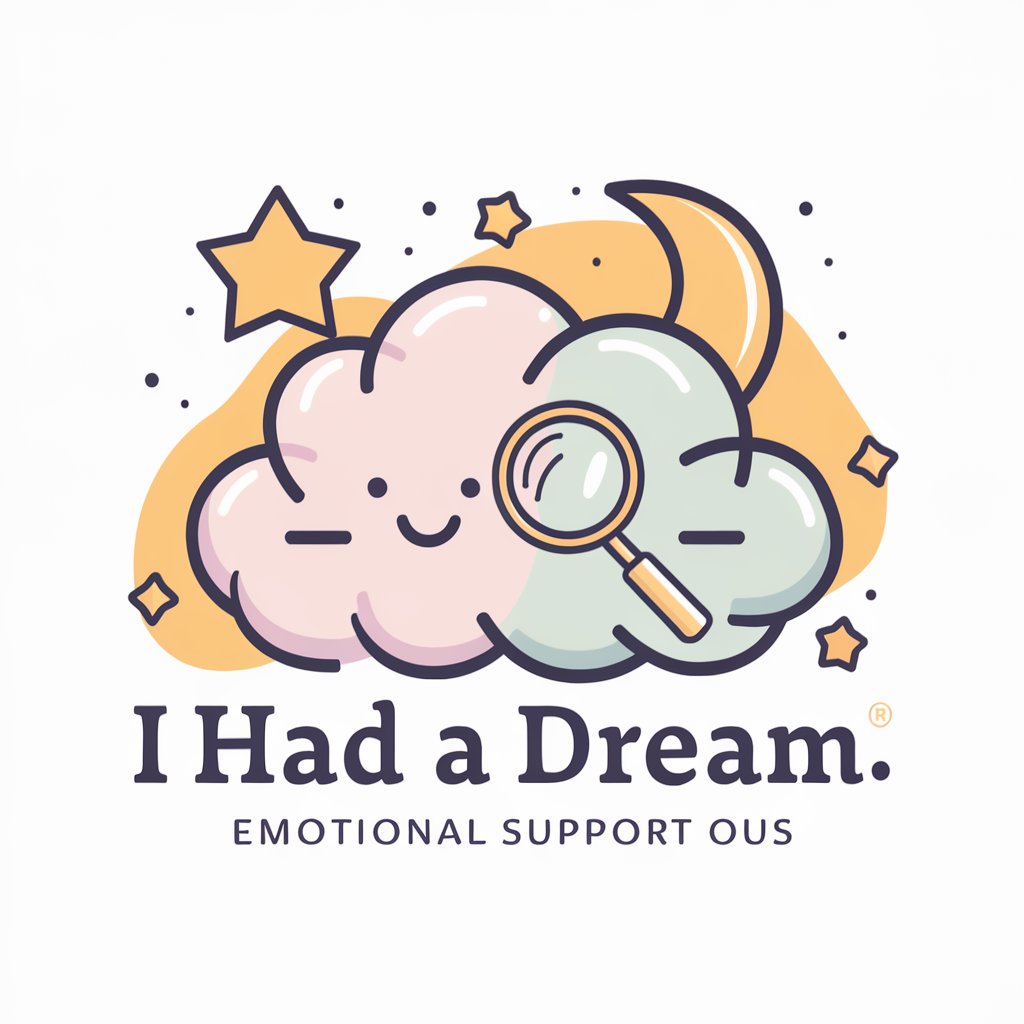
Whisper | Hard Conversations
Navigating difficult conversations with AI support
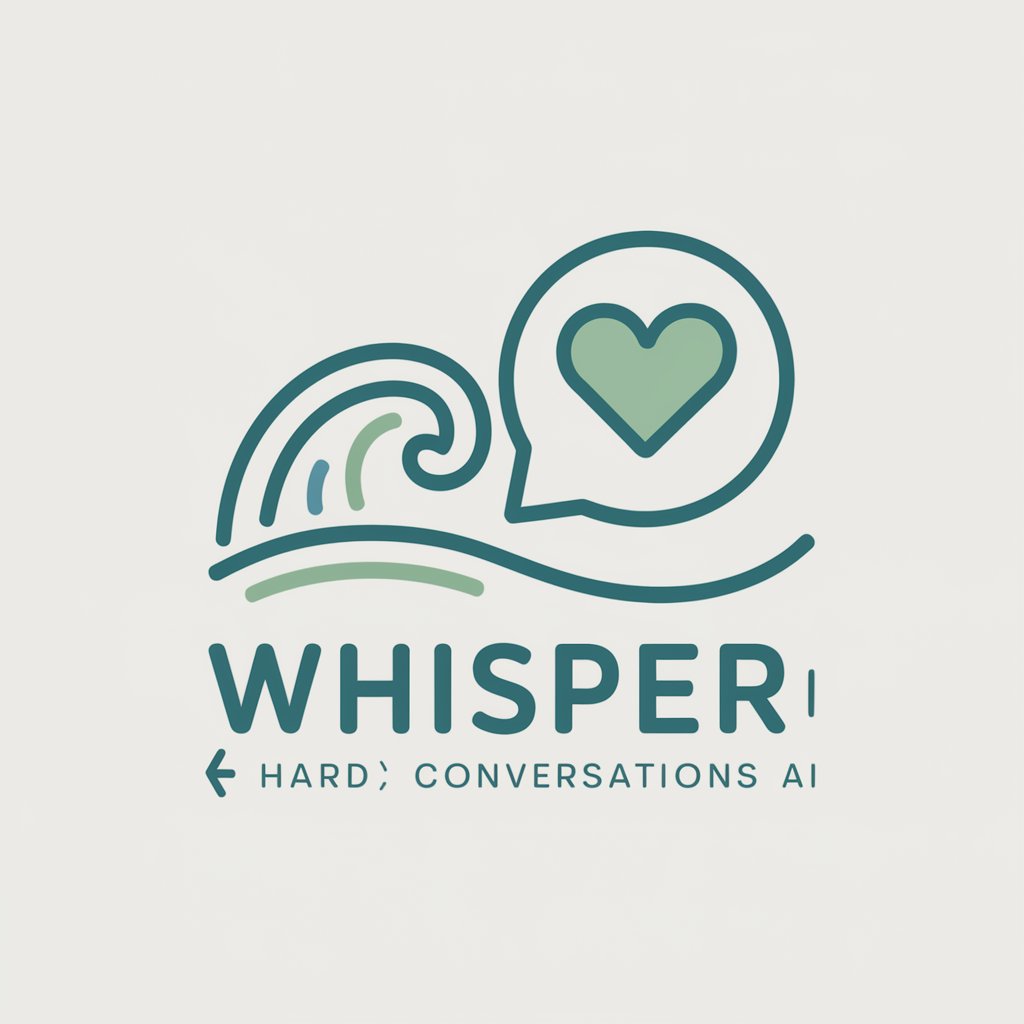
Satir Guide
Empowering growth through AI insights
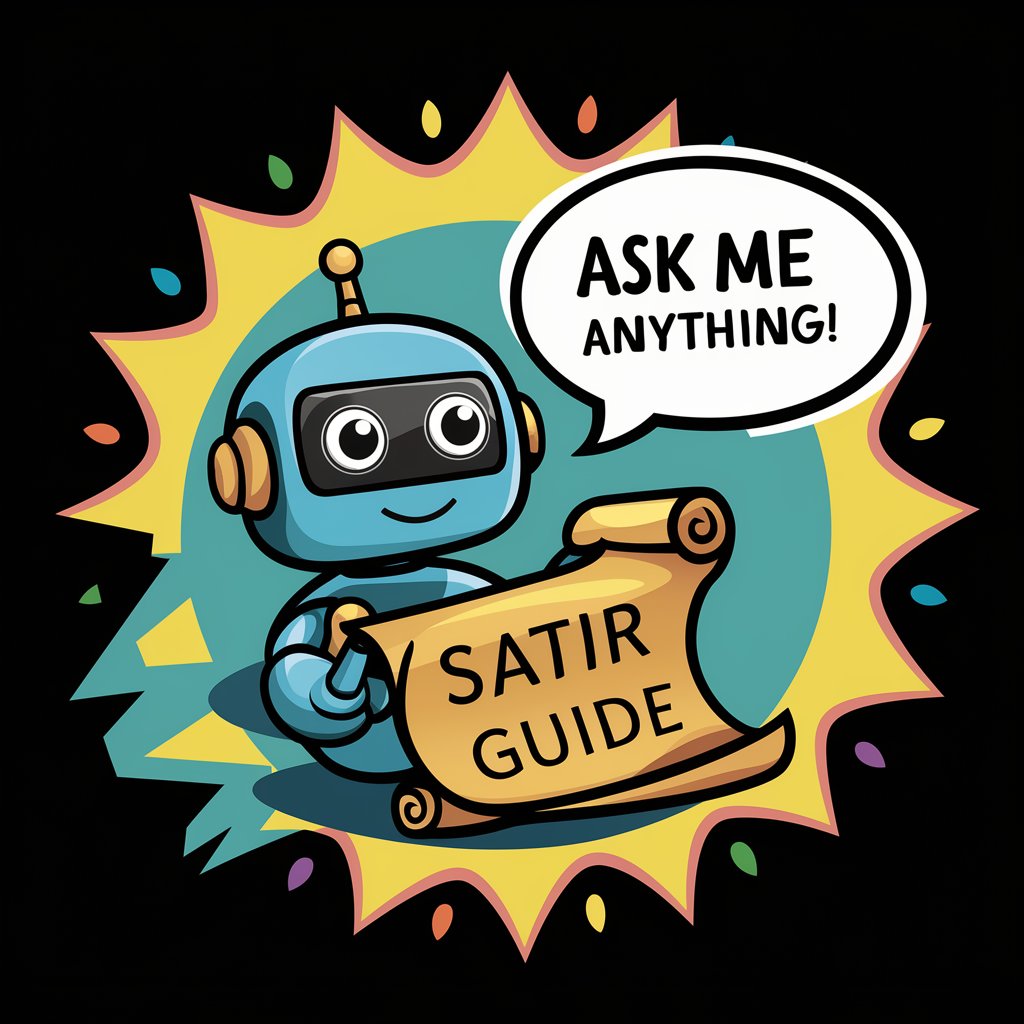
Key Attributes of AI GPTs in Therapy Assistance
AI GPTs for Therapy Support are distinguished by their ability to understand and generate human-like text, making them ideal for conversational therapy support. Core features include natural language processing for empathy-driven conversations, adaptability to various therapy methodologies, confidentiality and privacy in user interactions, and the capacity for continuous learning from interactions to improve responses. Special features may encompass multilingual support, integration with technical and web search tools for resource suggestions, image creation for therapeutic exercises, and data analysis capabilities for tracking progress.
Who Can Benefit from Therapy Support AI Tools
The primary beneficiaries of AI GPTs for Therapy Support include individuals seeking mental health support, therapists looking to augment their practice with AI tools, and developers interested in creating tailored therapy applications. These tools are accessible to users without programming skills, offering an intuitive interface for personal therapy support. For professionals and developers, they provide customizable options to develop specialized applications, enhance user engagement, and integrate AI support into existing therapeutic frameworks.
Try Our other AI GPTs tools for Free
Educational Game Creation
Explore the potential of AI GPTs for Educational Game Creation to transform educational experiences through interactive and tailored game design.
Security Compliance
Discover AI GPT tools designed for simplifying security compliance management. Tailored solutions for professionals, developers, and novices seeking to navigate the complexities of compliance with ease.
Presentation Design
Explore AI GPTs for Presentation Design: revolutionary tools transforming how presentations are created, customized, and optimized with advanced AI capabilities, designed for both novices and professionals.
Entertainment Assistant
Discover how AI GPTs revolutionize entertainment with personalized recommendations, original content creation, and interactive experiences. Perfect for enthusiasts, creators, and industry professionals.
book summarization
Explore AI GPTs for efficient book summarization, designed to distill key themes and narratives into concise summaries, ideal for literature enthusiasts, students, and professionals.
thematic discussion
Explore the world of AI GPTs for thematic discussion: tailored AI solutions designed to enhance your understanding and exploration of specific topics. Ideal for novices, developers, and professionals alike.
Expanding the Horizon with AI in Therapy
AI GPTs for Therapy Support represent a pioneering approach in mental health care, offering scalable, personalized support. Their integration into therapy practices and self-help routines showcases the potential of AI to complement traditional therapeutic methods, with user-friendly interfaces facilitating broader access. As these tools evolve, they promise to further bridge the gap in mental health services, making support more readily available and adaptable to individual needs.
Frequently Asked Questions
What are AI GPTs for Therapy Support?
AI GPTs for Therapy Support are artificial intelligence tools designed to provide support and assistance in the mental health and therapy domain, utilizing conversational AI for personalized interactions.
How do these AI tools maintain user privacy?
These AI tools are built with privacy and confidentiality as core principles, ensuring that all interactions are secure and user data is protected in accordance with data privacy regulations.
Can AI GPTs replace human therapists?
AI GPTs are intended to complement, not replace, human therapists by providing additional support, resources, and accessibility for mental health care.
Are there customization options for therapists?
Yes, therapists can customize these tools to align with their therapeutic approaches and preferences, enhancing their practice with AI-supported insights and interventions.
How accessible are these tools for non-technical users?
These tools are designed with user-friendly interfaces, making them easily accessible for individuals without any technical background or coding skills.
Can these tools support multiple languages?
Many AI GPTs for Therapy Support offer multilingual capabilities, enabling support and accessibility for users across different languages.
How do these tools adapt to individual user needs?
Through machine learning algorithms and natural language processing, these tools learn from user interactions to better tailor conversations and support to individual needs and preferences.
Are there any limitations to using AI GPTs for therapy support?
While AI GPTs offer significant benefits, they cannot fully replicate the depth of human emotional understanding and should be used as a supplement to traditional therapy, not a replacement.